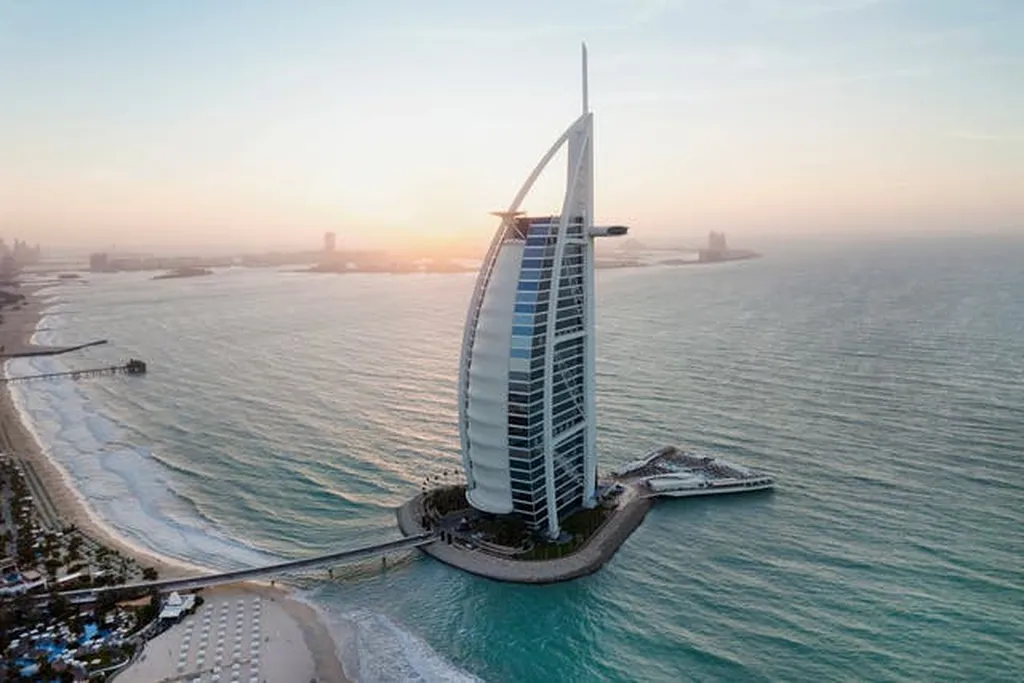In a recent study published in the journal ‘Scientific Reports’ (translated from Arabic as ‘Scientific Reports’), researchers from the College of International Transport and Logistics at the Arab Academy for Science, Technology and Maritime Transport have shed light on how hotels in Egypt are embracing sustainable supply chain practices. The lead author, Mahmoud Ahmed Abdo Hamza, and his team delved into the strategies of international chain hotels, 5-star local chains, and 4-star local chains, revealing some intriguing insights.
So, what’s the big deal? Well, the study found that international chain hotels are leading the pack with advanced practices like comprehensive waste management and energy-efficiency programs. “These hotels have the resources and global policies to implement sophisticated sustainability measures,” Hamza explains. Meanwhile, 5-star local chains are focusing on cost-saving initiatives and basic recycling, while 4-star local chains are primarily adopting simple waste reduction and local sourcing strategies.
But it’s not all smooth sailing. The study highlights that 4-star local chains face more financial and knowledge limitations, while international chains grapple with challenges related to supplier engagement and infrastructure. “The barriers vary significantly depending on the hotel category,” Hamza notes. “Understanding these challenges is crucial for developing targeted strategies.”
For the maritime sector, this research opens up some interesting opportunities. As hotels strive to enhance their sustainability, there’s a growing demand for eco-friendly shipping and logistics services. This could translate into increased business for maritime companies that prioritize green practices.
Moreover, the study emphasizes the importance of stakeholder pressures and organizational capacities in driving sustainability. “Hotels can enhance their sustainability efforts by providing staff training, fostering collaboration with suppliers, and strategically allocating resources,” Hamza suggests. This could mean more collaboration between hotels and maritime companies to ensure that supply chains are as sustainable as possible.
In essence, this research serves as a practical guide for hotels looking to boost their sustainability efforts. But it’s also a wake-up call for the maritime sector to step up its game and meet the evolving demands of the hospitality industry. As Hamza puts it, “This research fills gaps in the literature by exploring SSCPs in a developing-country context and integrating stakeholder theory to uncover both normative and instrumental drivers of SSCPs.” So, it’s not just about doing good; it’s also about staying competitive in an increasingly eco-conscious market.

